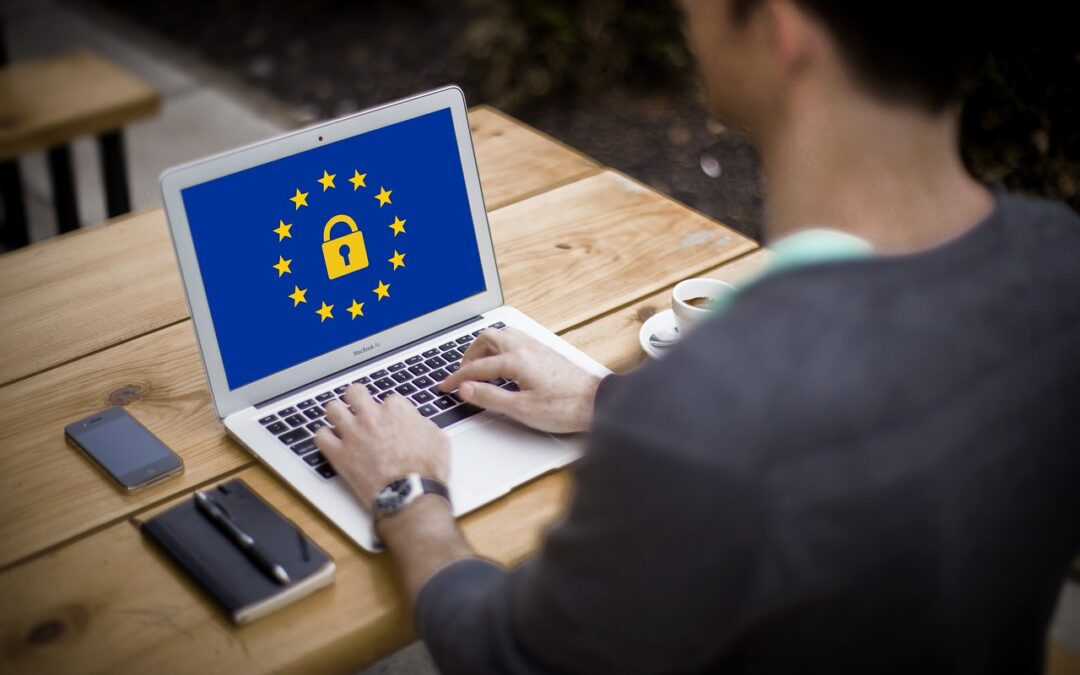In today’s digital age, the use of personal data has become a ubiquitous part of our lives. From online shopping to social media, our data is constantly collected, processed, and used by organizations for various purposes. To safeguard individual privacy and data rights, the General Data Protection Regulation (GDPR) was enacted in the European Union (EU) in 2018. Among the many rights it grants individuals, the “Right to Know” stands as a cornerstone, providing people with greater control over their personal information.
Understanding the GDPR
The GDPR is a comprehensive regulation that governs the collection, storage, and processing of personal data by organizations operating within the EU or handling data of EU residents. Its primary objective is to protect the privacy and data rights of individuals and establish a clear framework for organizations to follow when handling personal data.
The Right to Know: A Fundamental GDPR Right
One of the key principles of the GDPR is transparency. The “Right to Know,” formally known as the “Right of Access by the Data Subject,” is enshrined in Article 15 of the regulation. It empowers individuals to obtain confirmation from organizations about whether their personal data is being processed and, if so, to access that data.
Here’s why the Right to Know is so important:
1. Empowering Individuals: The Right to Know empowers individuals to be informed about how their data is used. This knowledge is essential for making informed decisions about sharing personal information.
2. Enhancing Transparency: Organizations are required to be transparent about their data processing activities. They must provide individuals with clear and concise information about the purposes, recipients, and retention periods of their data.
3. Preventing Abuse: By knowing what data is held and how it’s used, individuals can spot potential misuse or abuse of their personal information and take appropriate actions.
4. Correcting Inaccuracies: If individuals discover inaccuracies or incomplete data, they have the right to request corrections, ensuring that their personal information is accurate.
5. Monitoring Compliance: The Right to Know helps individuals monitor organizations’ compliance with data protection laws, promoting accountability.
Exercising the Right to Know
Exercising the Right to Know under the GDPR is relatively straightforward:
- Submit a Request: Individuals can submit a request to the organization processing their data, either in writing or electronically.
- Verification: Organizations must verify the identity of the requester to prevent unauthorized access to personal data.
- Timely Response: GDPR mandates that organizations respond to the request within one month, with the possibility of an extension in complex cases.
- Providing Information: Upon receiving a request, organizations must provide the individual with details about their data processing activities, including the purposes, categories of data, and recipients.
- Access to Data: Individuals have the right to access a copy of their personal data held by the organization.
- Correction or Erasure: If inaccuracies or other issues are identified, individuals can request corrections or erasure of their data.
Compliance and Accountability
The GDPR’s Right to Know places a significant responsibility on organizations to be transparent, accountable, and diligent in managing personal data. Non-compliance can result in severe fines and reputational damage. Therefore, organizations are incentivized to comply with these data protection regulations.
The Right to Know, as enshrined in the GDPR, is a fundamental right that empowers individuals to take control of their personal data. By enhancing transparency and accountability, this right ensures that individuals are informed about how their information is processed and can make informed decisions about their privacy. In a digital age where data is a valuable commodity, the Right to Know is a crucial tool in protecting personal privacy and data rights.
As individuals, it’s essential to be aware of this right and exercise it when necessary to ensure that our personal information is handled responsibly and ethically by organizations.

I am a Digital Marketer and Blogger with a wide variety of learning and experience. I have worked with DragonTech for many years as a consultant, web designer and on many projects. For more information, please check out my CV.


